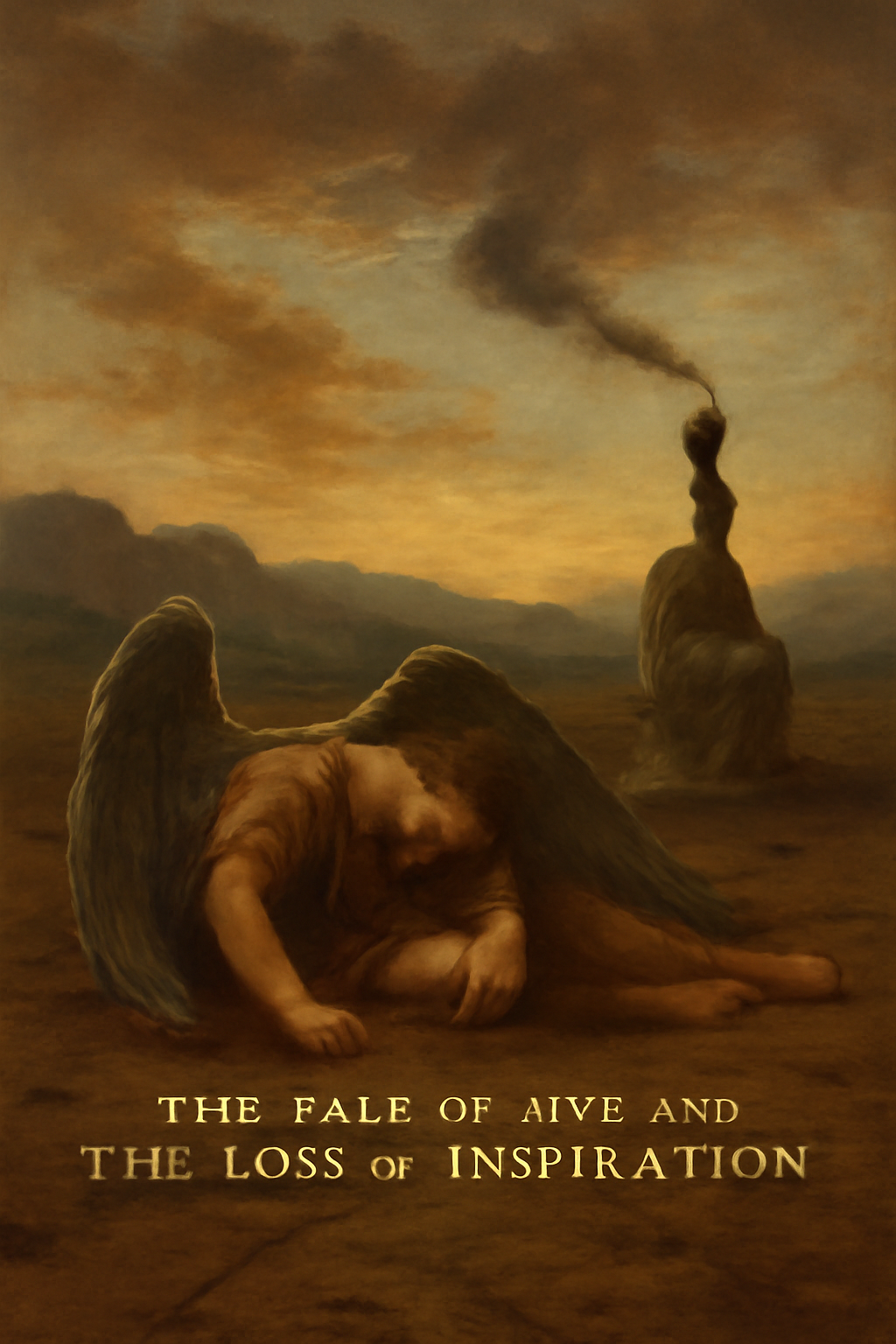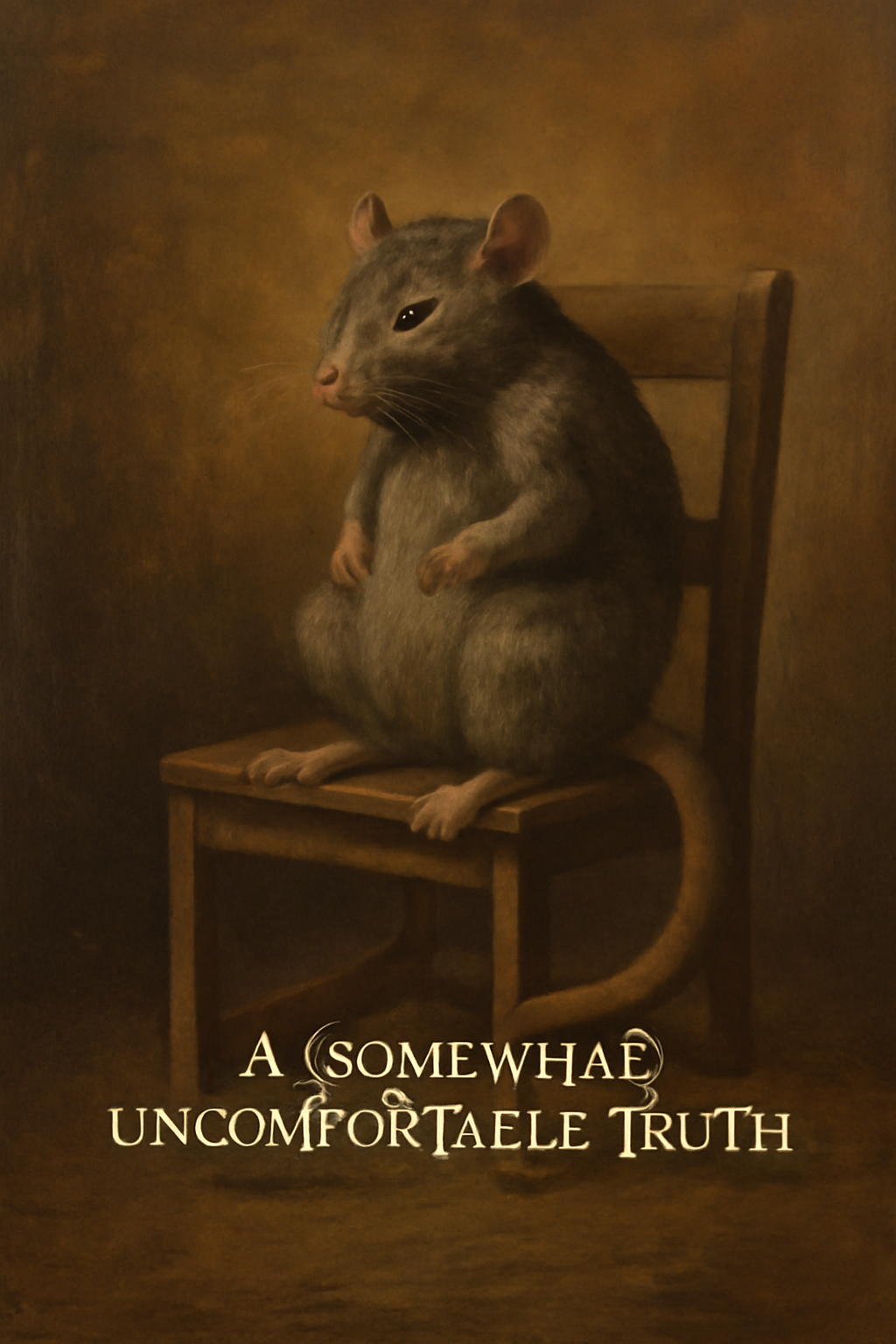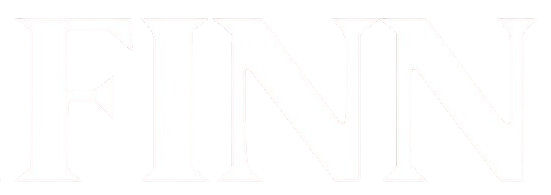When Nietzsche said, “God is dead,” it wasn’t a celebration. It was a warning.
For millennia, God inspired people to pursue what was good. At its essence, that might be the cleanest definition of God: the embodiment of the ultimate Good. We once built cathedrals that touched the sky, sculpted forms so intricate they still stir awe, and painted canvases so grand they feel untouchable — all to honour, or at least grasp, that divine Good.
God gave us a North Star to set our compasses by. Symbolically, He said: “Follow this, and your life will be fulfilled.” But now, nearly 150 years after Nietzsche’s cry, God is stilldead.
And in His place? We’ve crowned a new idol — self-actualisation. The key word here being self. We no longer look outward for fulfilment; we’re told it’s all within. Just find yourself, and you’ll be free.
But this is a fallacy. One that fractures our evolutionary blueprint.
We once lived in tight-knit tribes — relying on one another for food, safety, love, and meaning. Now all we have is us. Atomised. Isolated.
This era of individualism no longer values community. People are no longer allies or kin
— they’re obstacles. Obstacles to be outpaced, outperformed, and, if needed, exploited.
It’s a brilliant trick. By convincing us that we need nothing beyond ourselves, we’ve shifted our cultural hierarchy from “value shared” to economic output. Capitalism’s sweetest lie.
Architecture shows this most clearly.
Once, we built sanctuaries — monuments that made us feel small in the presence of
something eternal. Now? Grey boxes. Airports. Shopping malls. Cubicles.
Monuments not to God, but to efficiency.
Not to the eternal, to the immediate.
We don’t build beauty anymore.
And a society that doesn’t build beauty has forgotten that life is sacred.
So where to from here?
Can we revive God?
I don’t think the classic God — the Creator, the Father-figure — is coming back. Science pierced His chest and slowly pushed the sword out His back. That mythology may be too far gone.
But perhaps something new — a reincarnation — can take His place.
Not the same form, but the same function. Something that again orients us toward goodness, humbles us, and reminds us to be thankful — and then, to do better. And keep doing better.




